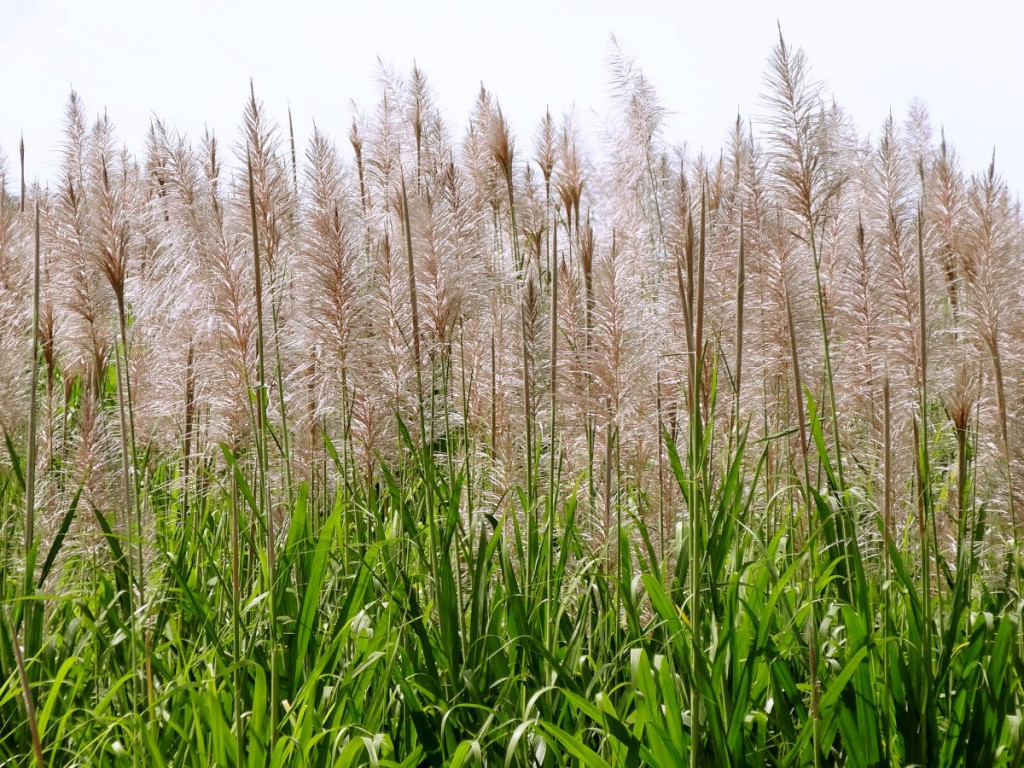European Union farmers are increasingly turning away from sugar, potentially leaving the region more reliant on imports.
Growers reduced plantings in recent seasons as ample global supply kept prices historically low and poor weather conditions hurt sowings, while a disease that ravaged this year’s crop also curbed output. Those frustrations are expected to further deter farmers from sowing beets, which may keep the bloc a net importer of sugar in the coming years.

“Sugar beet is becoming really tough to cultivate and it’s not very well paid as sugar prices are not attractive,” said Francois Thaury, an analyst at Paris-based Agritel. “This could divert some farmers away from beet cultivation. This is probably the biggest issue at the moment for Europe.”
Output jumped when quotas were scrapped, turning the EU into a net exporter in the 2017-18 season. But the trend quickly reversed as a global price slump discouraged plantings and forced producers to shutter beet-processing plants to cut costs. For the 2020-21 season, EU imports are forecast to exceed exports by about 600,000 tons, U.S. government data show.
“We are importing more and more instead of exporting as there is just no surplus available,” said Timothe Masson, an agronomist at French growers’ association CGB. “As long as prices stay low, acreage will drop and production will be lower.”
While tighter EU supplies helped the region’s prices to recover recently, they’re still almost 50% below a 2013 peak, European Commission data show. It’s too early to say by how much plantings could fall when the next crop is sown in 2021, but analysts have warned that fewer beets to process could spur more factory closures.
Austria’s Agrana Beteiligungs is one of the latest producers to plan to shutter a factory because of a decline in plantings.
“In lower producing countries people will probably be wondering if it’s worth carrying on cultivation for so little money,” Agritel’s Thaury said. “This makes the Agrana decision understandable.”






